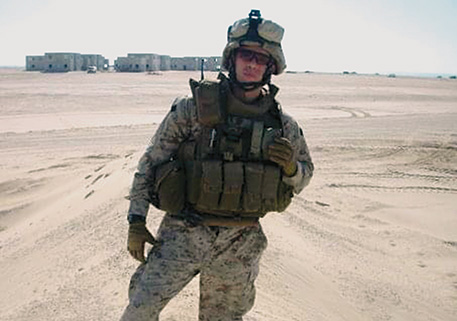Statement of Garry J. Augustine, DAV Washington Executive Director
On the Final Report and Recommendations of the Commission on Care
The Commission on Care’s final report confirms what we and others have been saying: VA provides high quality health care but has challenges providing access to all veterans seeking care. Based on our initial review, there is much that we agree with in this report, however there are also some problematic recommendations that could weaken the VA health care system and lead to worse health outcomes for veterans.
We agree with the Commission’s central recommendation to create an integrated network with VA as the coordinator and main provider of care, to be supplemented by other federal and community providers whenever and wherever VA cannot provide timely access. The idea of bringing community providers into an integrated VA network was a cornerstone of the Independent Budget Framework for Veterans Health Care Reform proposed by DAV and our IB partners last fall. It was also the core of the VA plan submitted to Congress last fall and has been widely supported by other veterans service organizations, VA and veterans leaders in Congress.
We were particularly pleased to see the Commission reject extreme, ideological ideas, such as the ‘strawman’ document some Commissioners had proposed to abolish VA health care altogether. With veterans and veterans advocates coalescing around this common framework, it’s time to put an end to discussion about dismantling the VA health care system and move forward on common ground to strengthen, reform and augment the VA system.
From our initial review, there appear to be a number of other good ideas in the Commission’s report – such as providing additional resources for modern IT, increased support staffing, capital needs and to recruit and retain a high quality professional workforce – however there are also some proposals that we have serious concerns about.
While we agree that community providers should be integrated into the network, veterans should first be provided access to VA providers, with community providers reserved for veterans facing access challenges. Taking away VA’s ability to manage workflow within these integrated networks would lead to rising costs, less coordination and lower quality of care, ultimately causing VA health care services and facilities to close, which would be devastating for ill and injured veterans who rely on VA, particularly for its specialized services.
We also have serious concerns about taking control of the VA health care system away from the VA Secretary and giving it to an unelected, independent Board of Directors that is less accountable to the President, Congress, veterans and the American people. Separating veterans health care services from other veterans benefits and services would result in less comprehensive and coordinated support for veterans, particularly those injured or ill from their service. We appreciate the Commission’s interest in providing greater stability and continuity of leadership, however there are better ways to accomplish these goals without undercutting VA’s integrated system of services and benefits.
We appreciate the Commission’s hard work over the past ten months and look forward to analyzing the full report in detail and offering our views to Congress and the President on how best to strengthen, reform and sustain the VA health care system for the men and women who served.






